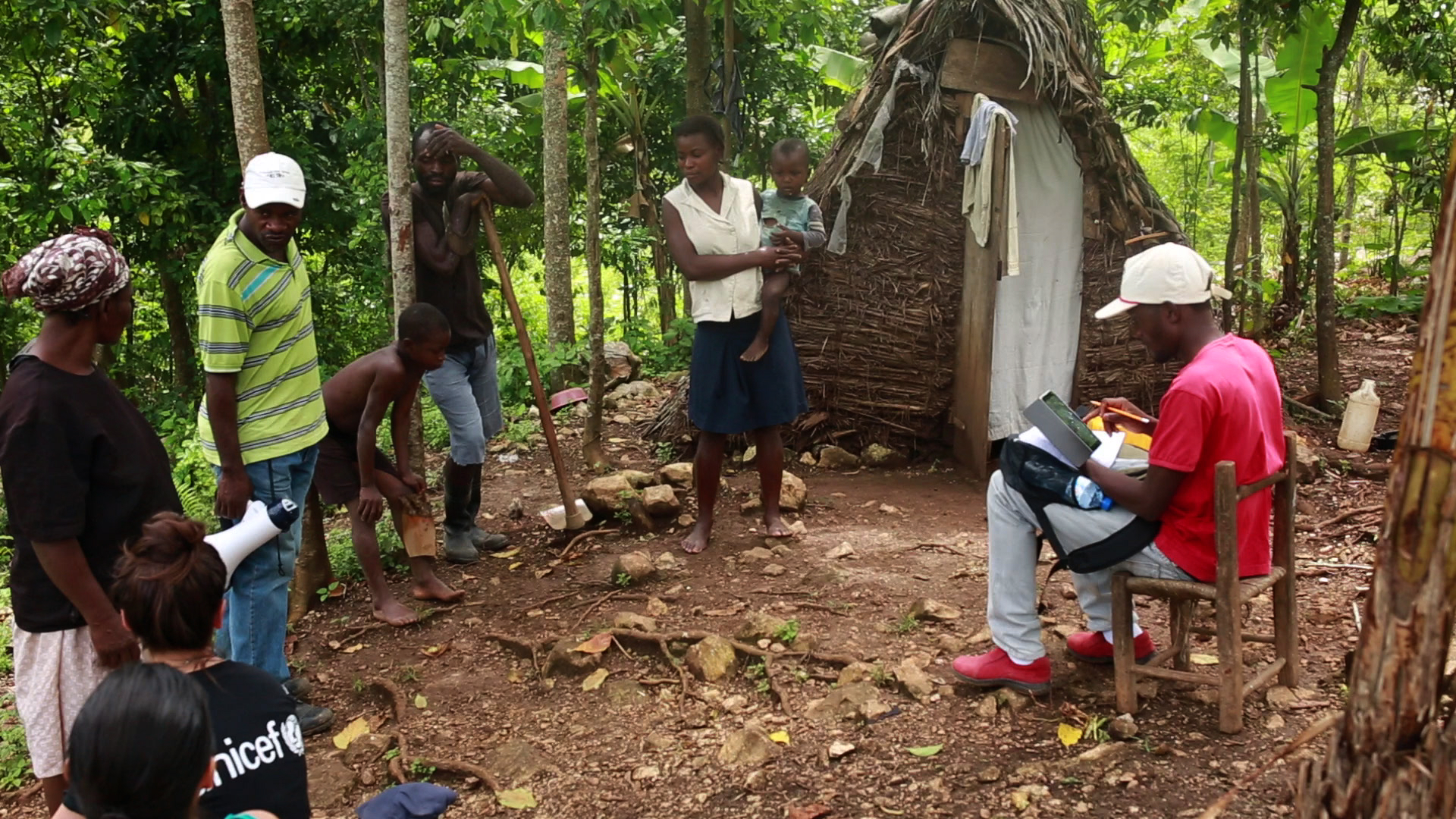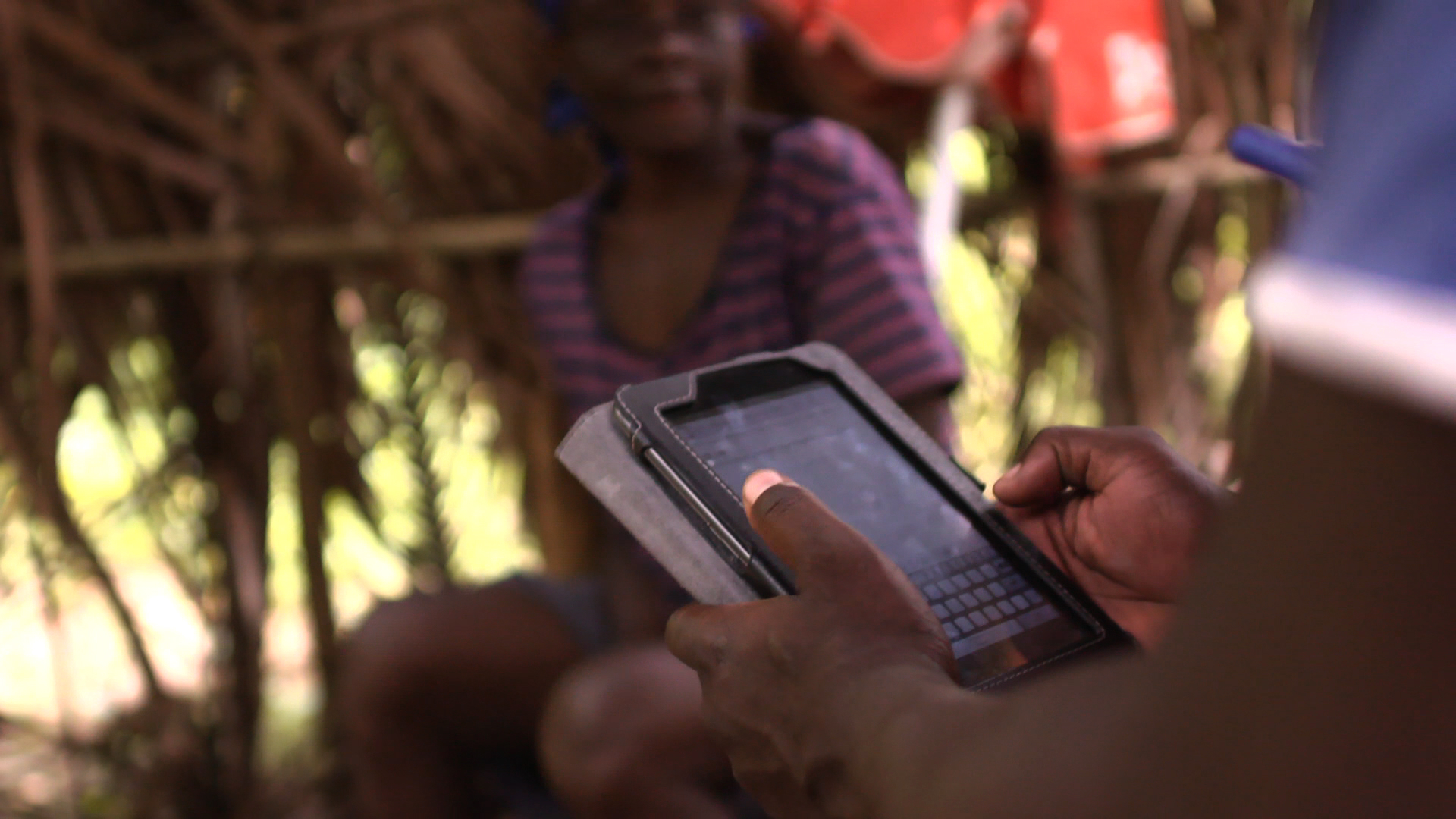Heart to Heart International is currently working with UNICEF on a program entitled Kore Fanmi in the southeast of Haiti – a multi-phase, multi-year project to connect remote communities and families with basic medical and other services.
UNICEF recently featured the Kore Fanmi program (see below for excerpts) and the technology used to survey those living in the most difficult-to-reach areas.

Bertha Pierre is a 49-year-old grandmother living high atop a mountain in a one-room shack with five family members. Their hut is a three-hour hike from the nearest town, and the family has called it home since a flood destroyed their house a year ago.
“Life has just been very difficult since last year, May 23rd,” she says. “That’s when we were hit with a flood that washed away all the topsoil, and killed all our farm animals. Since then, it has been very difficult to make ends meet. We have nothing. We have no land and we have no animals.”
But, a pilot programme is being launched with the aim of improving the lives of people just like her: the most-vulnerable Haitians, living in the hardest-to-reach areas. It’s called “Kore Fanmi” — which means “family support” in Haitian Creole. It’s a programme of the government of Haiti, which was started two years ago in partnership with the World Bank and UNICEF.
Heart to Heart International is implementing the plan on the ground. For months, community agents organized by HHI traveled the roads and paths through the mountains of SE Haiti interviewing people and documenting the needs of families household by household.
HHI’s Samuel Desruisseaux, who is the Kore Fanmi Communal Coordinator for the Anse-a-Pitres area, is quoted in the story:
“…one of the positive impacts I’ve already seen, during the socio-economic survey, once the community understood the point of Kore Fanmi, to reach the most vulnerable, they went to find other families, to make sure everybody was included,” he says. “They refused to let anybody be excluded. The community is very motivated. They see it as their programme, and it will bring a lot of positive change.”

